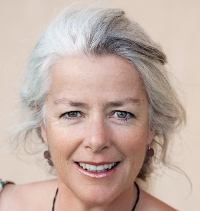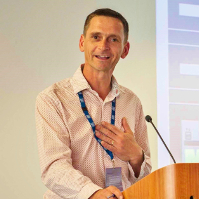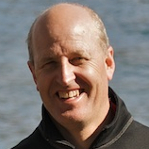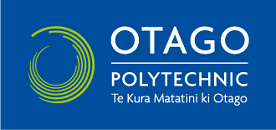
Strategic planning for success
Whatever outcome you’re focused on creating - be it a building, a product, a service or a community - great design ideas are driven by starting with the end in mind. So, defining what ultimate success looks like for sustainable development is fundamental to the planning process.
What’s it about?
In this micro course you’ll learn how to develop a clear and compelling vision that integrates a serious, smart approach to sustainable practice, and that can serve as a future reference point for setting strategy and developing creative solutions.
What will I learn?
In this micro course you will:
- Gain understanding of what a vision is, and its critical importance to strategic planning processes.
- Learn the characteristics and qualities of a compelling, inspiring and powerful vision.
- Gain understanding of the benefits and advantages of backcasting .
- Learn how to frame a vision of success using the Natural Step’s four sustainability principles.
- Gain understanding of how strategic goals give life to the vision.
- Learn how to frame strategic goals that address the right challenges and opportunities.
- Learn about some common frameworks that suggest strategic priority areas for sustainable development.
What’s involved?
There are three learning pathways each containing numerous resources and 4 learning challenges, the last one being an assessment. The learning pathways are:
- Developing a strong vision
- Identifying key challenges and opportunities
- Framing the right strategic goals
You can participate online out of self-interest and expect to spend 20 hours over 10 working days. If you are planning to submit the assignment for academic credit, you will need an additional 20 hours to prepare the assessment.
Prerequisites?
Anyone is free to participate in this course. An internet connection and basic web browsing skills are recommended with the ability to create a blog and microblog account (instructions and self-study tutorials provided.) You are requested to keep a personal learning journal as reflection has been shown to increase learning markedly.
Learners aiming to submit assessments for formal academic credit will need to meet the normal university admission requirements of the conferring institution (e.g. language proficiency and school leaving certificates). Learners aiming for the 3rd year Bachelor level are advised to have completed the majority of their 2nd year level subjects to have sufficient capability and experience for preparing assignments for 3rd year level of Bachelor study.
| Course | Prerequisites |
|---|---|
| CSF101 | None |
| CSF102 | CSF101 |
| CSF103 | CSF101, CSF102 |
| CSF104 | CSF101, CSF102, CSF103 |
Image credit, Alexas_Fotos dedicated to the Public Domain
 Alexa Forbes, is connected in community, media and sustainability fields and is currently researching the impacts of technological and environmental disruption on New Zealand organisations.
Read More
Alexa Forbes, is connected in community, media and sustainability fields and is currently researching the impacts of technological and environmental disruption on New Zealand organisations.
Read More
 Simon Harvey, supports forward thinking and progressive organisations to accelerate their success. Simon is a recognised management consultant, trainer and keynote speaker in the
Read More
Simon Harvey, supports forward thinking and progressive organisations to accelerate their success. Simon is a recognised management consultant, trainer and keynote speaker in the
Read More
 Steve Henry, lives in Motueka in Aoeteroa / New Zealand. Steve believes the best learning people can achieve comes from within, with support from
Read More
Steve Henry, lives in Motueka in Aoeteroa / New Zealand. Steve believes the best learning people can achieve comes from within, with support from
Read More
 Carol Cooper-Taylor, is an independent consultant with extensive experience in e-learning design. Carol was commissioned by the OER Foundation to lead the design and development
Read More
Carol Cooper-Taylor, is an independent consultant with extensive experience in e-learning design. Carol was commissioned by the OER Foundation to lead the design and development
Read More
 Florence Micoud, has 20 years of professional experience in environmental, sustainable and ecological knowledge. Florence supports organisations, businesses, communities and households on the path towards
Read More
Florence Micoud, has 20 years of professional experience in environmental, sustainable and ecological knowledge. Florence supports organisations, businesses, communities and households on the path towards
Read More
This course was developed by Otago Polytechnic with technical support from the Open Education Resource Foundation.







